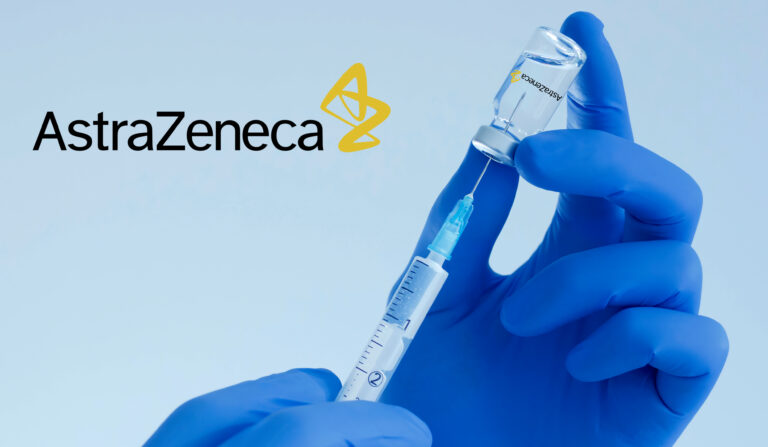AstraZeneca has reached an agreement with Donald Trump’s administration to lower drug prices and avoid threatened US tariffs.
The British pharmaceutical giant will sell several medicines at a discount to the Medicaid program in exchange for tariff relief, following a similar deal struck last week with Pfizer.
Trump announced the agreement from the Oval Office, calling it a “most-favored-nation” pricing model that will match the lowest prices offered in other developed countries. “For many years, Americans have paid the highest prices in the world,” he said. “That ends now.”
AstraZeneca CEO Pascal Soriot attended the event, saying the negotiations had “kept me up at night.” Trump, meanwhile, repeated his false claim that the deal could reduce US drug prices by “up to 1,000%.”
Experts quickly dismissed the figure as mathematically impossible. “Cutting drug prices by more than 100% would mean consumers get paid to take their medicine,” said health economist Timothy McBride.
Under the agreement, Medicaid — which covers more than 70 million low-income Americans — will receive discounted drug prices. A new “TrumpRx” website will also offer reduced costs to consumers.
However, analysts say the move will have limited real-world impact. “It’s good for the companies, but has very uncertain benefits for Americans struggling with prescription costs,” said Rena Conti of Boston University.
Trump has repeatedly threatened 100% tariffs on drugmakers that refuse to cut prices or move production to the US. “The tariffs were a big reason he came here,” Trump said of Soriot.
Despite the high-profile announcement, experts warn the deal is more political than transformative. “If you look at AstraZeneca’s portfolio,” said economist Craig Garthwaite, “there aren’t many drugs where this will result in significant discounts.”



